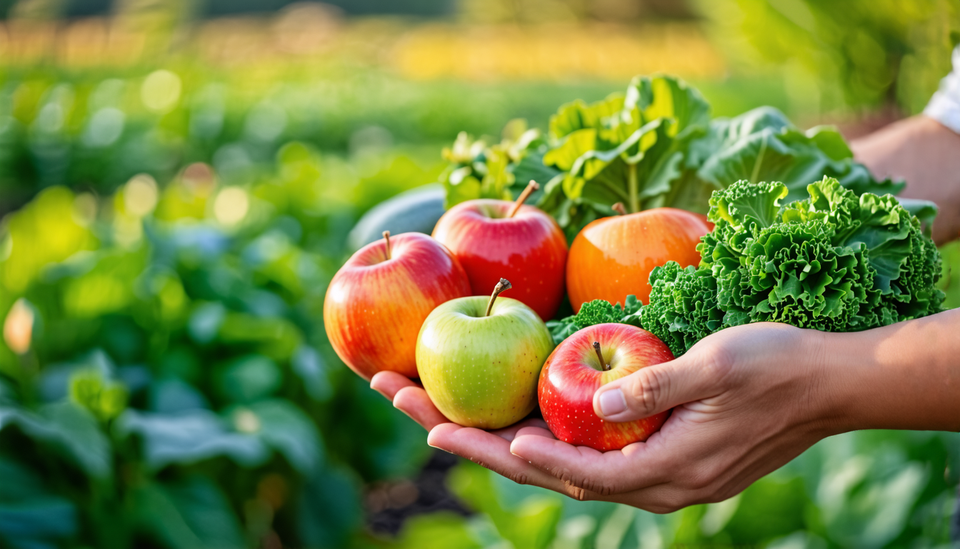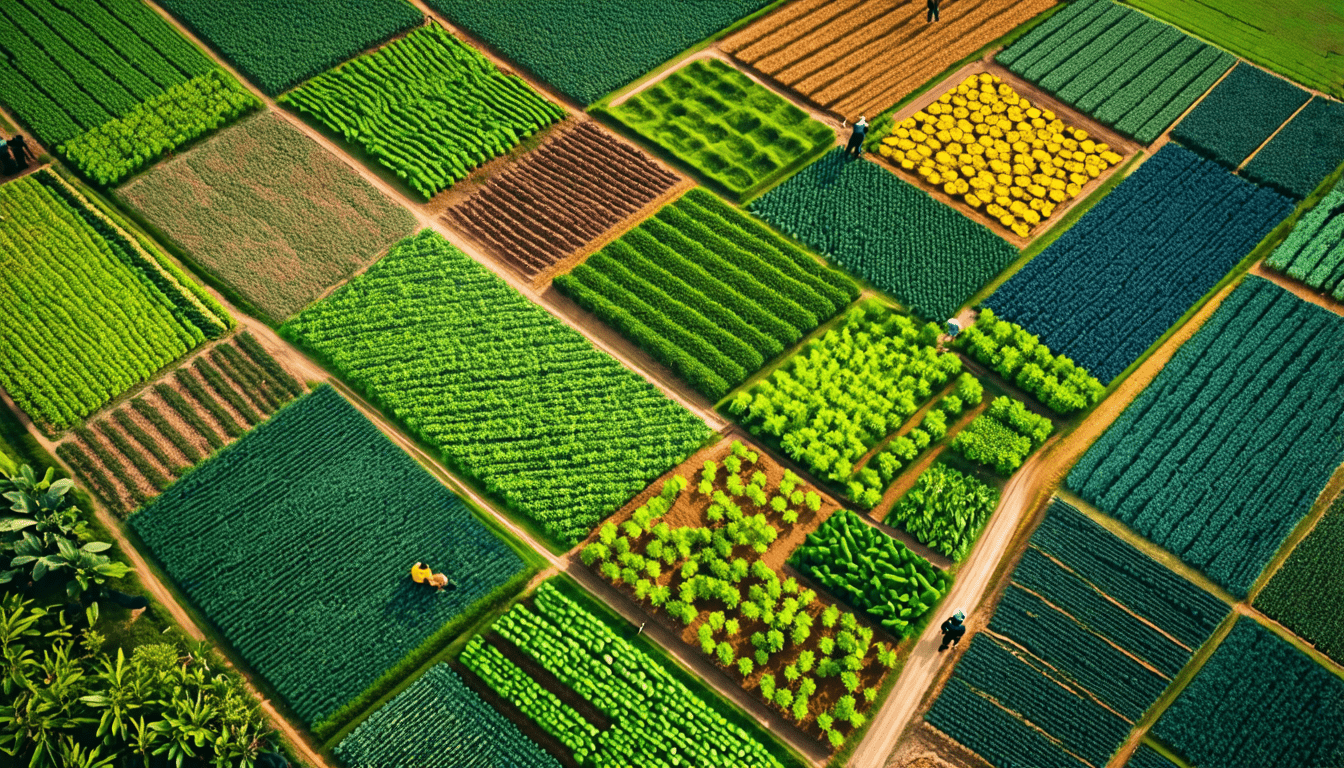Nationwide Surge in Demand for Organically Grown Products

Organic Products See Nationwide Surge in Demand
In recent years, there has been a significant shift in consumer preferences towards organically grown products. Across the United States, demand for organic fruits, vegetables, dairy, and meats has skyrocketed as more people prioritize health, environmental sustainability, and ethical farming practices.
According to the latest market research, sales of organic products have grown by double digits annually for the past decade. In 2020 alone, organic sales reached a record-breaking $61.9 billion, up 12.4% from the previous year. This growth is expected to continue, with projections showing the organic market reaching $100 billion by 2025.
Factors Driving Organic Demand
Several key factors are contributing to the nationwide surge in demand for organically grown products:
- Health consciousness: Consumers are increasingly aware of the potential health risks associated with pesticides, hormones, and genetically modified organisms (GMOs) used in conventional farming. Organic products, which are grown without these substances, are perceived as healthier choices.
- Environmental concerns: Organic farming practices are known to be more sustainable and eco-friendly than conventional methods. By supporting organic agriculture, consumers feel they are contributing to the preservation of biodiversity, soil health, and water quality.
- Animal welfare: Organic livestock are raised in more humane conditions, with access to outdoor spaces and without the use of growth hormones or antibiotics. Many consumers choose organic animal products as a way to support ethical farming practices.
- Taste and quality: Many consumers believe that organic products simply taste better and are of higher quality than their conventionally grown counterparts. The absence of synthetic pesticides and fertilizers is thought to allow the natural flavors of organic produce to shine through.
Industry Response and Challenges
As demand for organic products continues to rise, the agriculture and food industries are scrambling to keep up. Many farmers are transitioning to organic practices, but the process can be costly and time-consuming. Organic certification requires a three-year transition period, during which farmers must follow strict guidelines and face lower yields.
Retailers and supermarkets are also expanding their organic offerings to meet consumer demand. However, supply chain issues and the higher costs associated with organic production can lead to higher prices for consumers. Despite this, many shoppers are willing to pay a premium for the perceived benefits of organic products.
Something to Consider
The nationwide surge in demand for organically grown products shows no signs of slowing down. As consumers become increasingly health-conscious and environmentally aware, the organic market is poised for continued growth. However, the industry must address several challenges to meet this demand:
- Supporting farmers during the transition to organic practices
- Improving supply chain efficiency to reduce costs
- Educating consumers about the benefits and standards of organic products
- Ensuring the integrity of organic labels through strict certification processes
By addressing these challenges, the organic industry can continue to thrive and provide consumers with the healthy, sustainable, and ethically produced products they desire.
Looking for updates? Sign up to our newsletter for weekly snippets.
#USA





